Why Secure Browsers Are Essential for Online Privacy
In today’s digital world, everything you do online leaves a trace. Whether you’re posting on social media or buying something from a store, your actions create a digital footprint. Online privacy matters because it’s about keeping your personal details safe from people who shouldn’t have them. It’s not just about secrets—it’s about control.
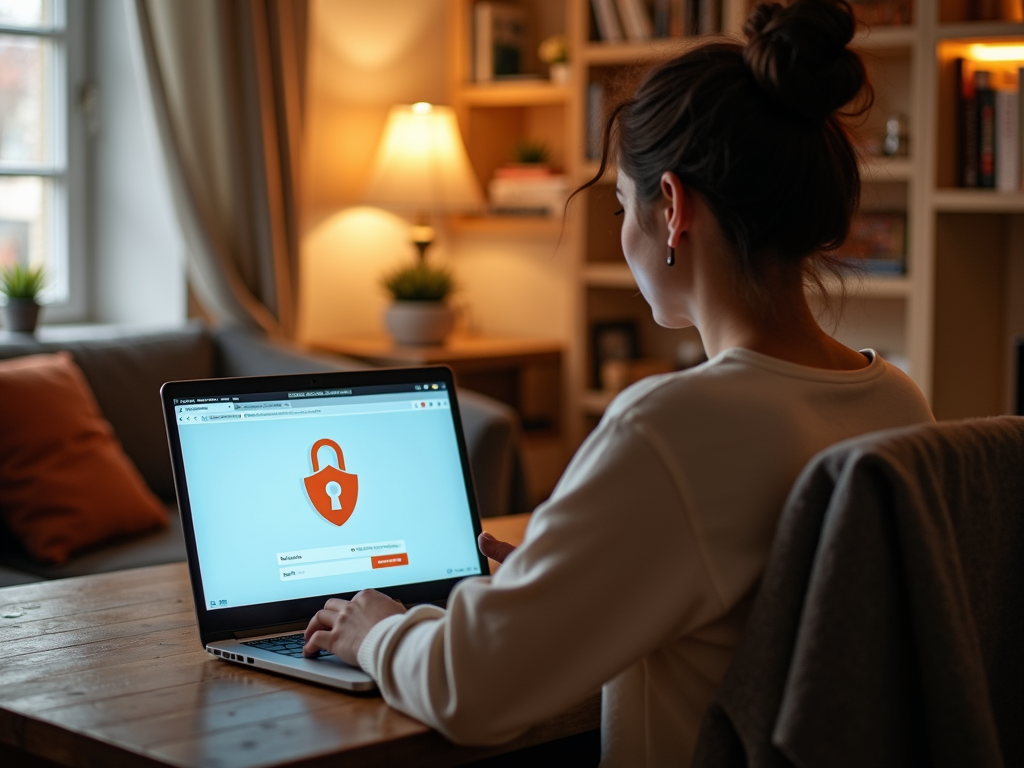
So, what’s a secure browser? It’s a web browser built to protect your privacy and security. Unlike regular browsers, secure ones block trackers, encrypt your data, and stop unauthorized access. They’re like a shield for your online life. Let’s look at what makes them special.
Encryption is a big deal with secure browsers. They use strong methods to scramble your data as it travels across the internet. If someone tries to grab it, they can’t read it without the key. This keeps your information safe from prying eyes.
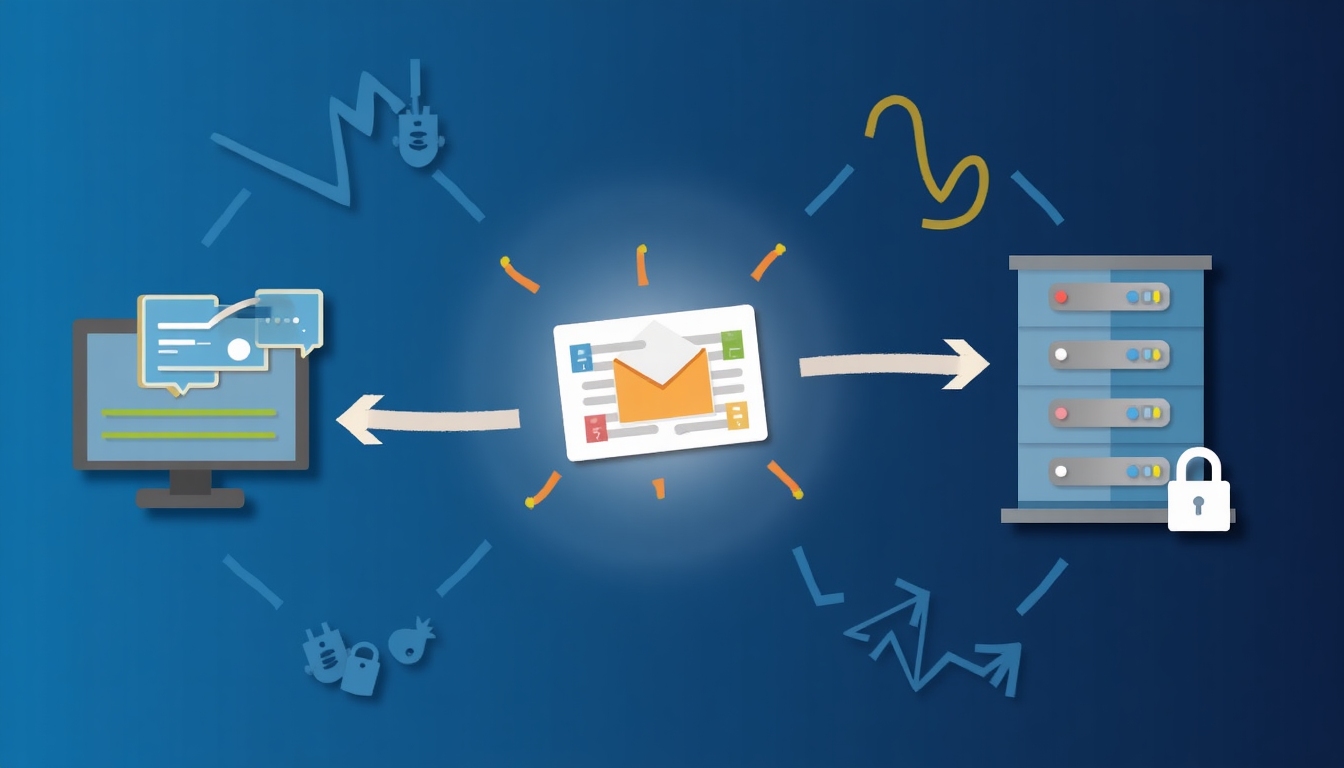
Trackers are another problem secure browsers tackle. Many websites use trackers to watch what you do, collect your info, and send you ads. Secure browsers stop these trackers in their tracks, keeping your habits private.
Some secure browsers even come with a VPN—short for Virtual Private Network. A VPN hides your location and encrypts your connection. This makes it tough for anyone to figure out where you are or what you’re doing online.
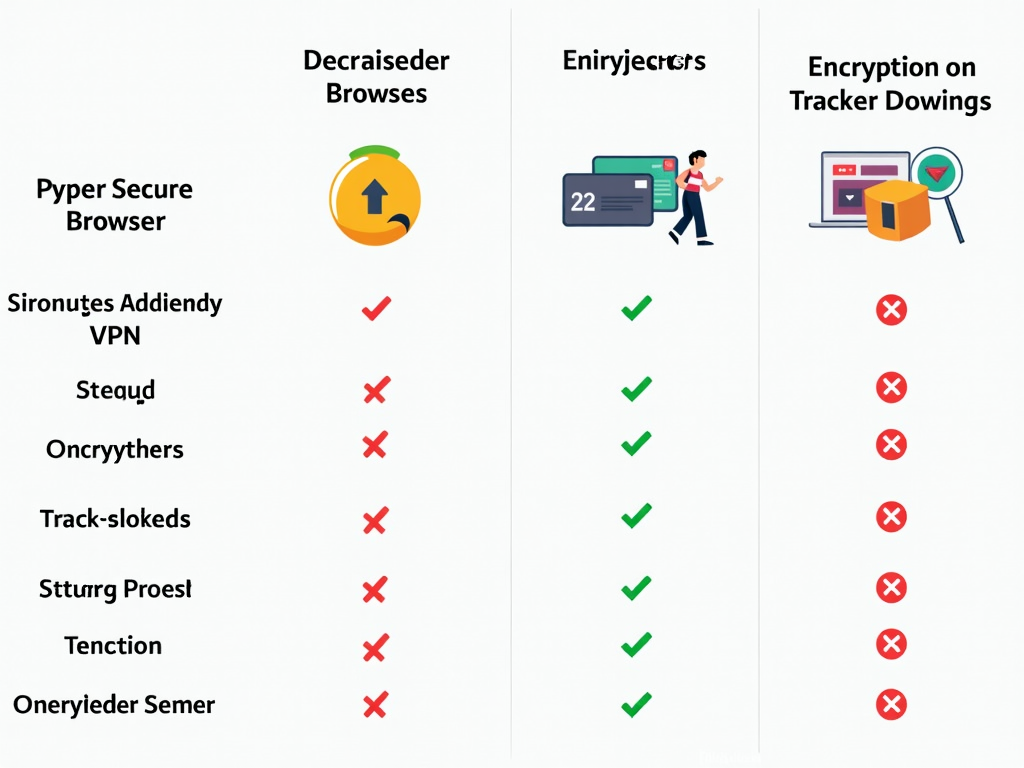
Why secure browsers are essential for online privacy can’t be overstated. With data leaks and cyber dangers everywhere, you need protection. These browsers act as your first defense, keeping your personal details out of the wrong hands.
Think about this: every website you visit gets info about your device, location, and past browsing. Without a secure browser, that info could end up with hackers or companies you don’t trust. Secure browsers cut that risk by hiding your data and stopping harmful scripts.
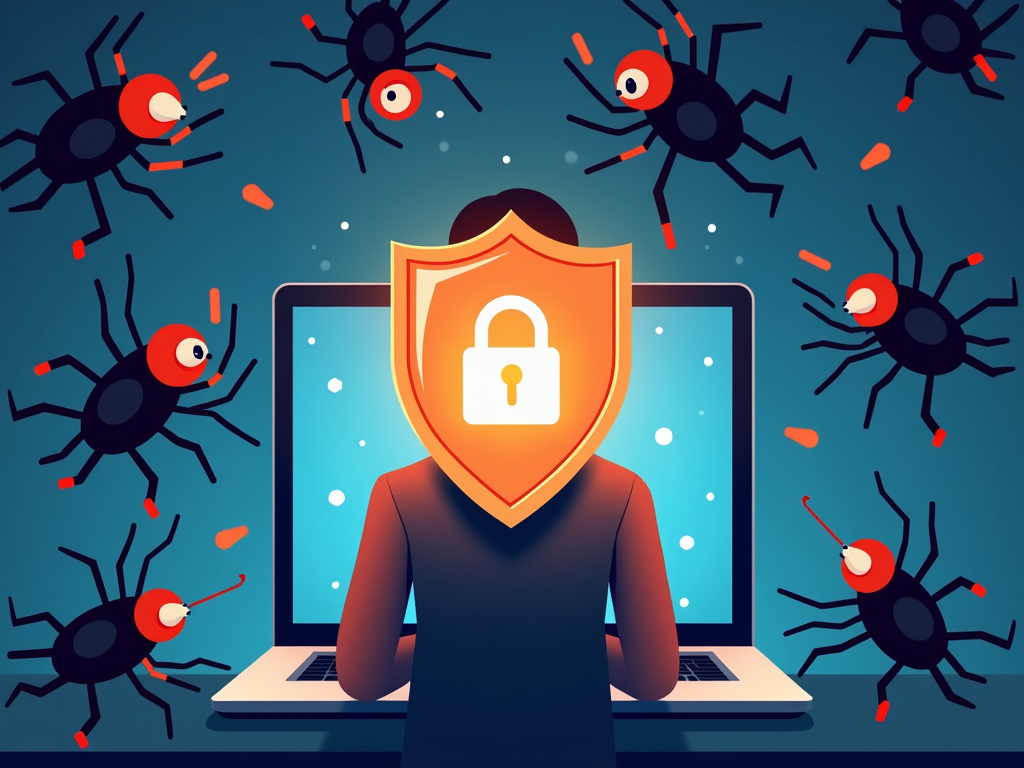
Figuring out how to choose the right online privacy tools for your needs can feel tricky with so many choices. Start by checking the security level. Pick a browser with strong encryption and a solid history of keeping users safe.
Next, think about how easy it is to use. A good secure browser should work smoothly, load pages fast, and let you use your favorite sites and add-ons without hassle.

Also, make sure the browser gets regular updates. Online threats change fast, and your browser needs to keep up. Choose one that’s actively improved to fix new weak spots.
I switched to a secure browser a while back, and it made a huge difference. Ads stopped following me around, and I felt more in charge of what I shared online. It’s not just about dodging annoyances—it’s about knowing my info is safe.
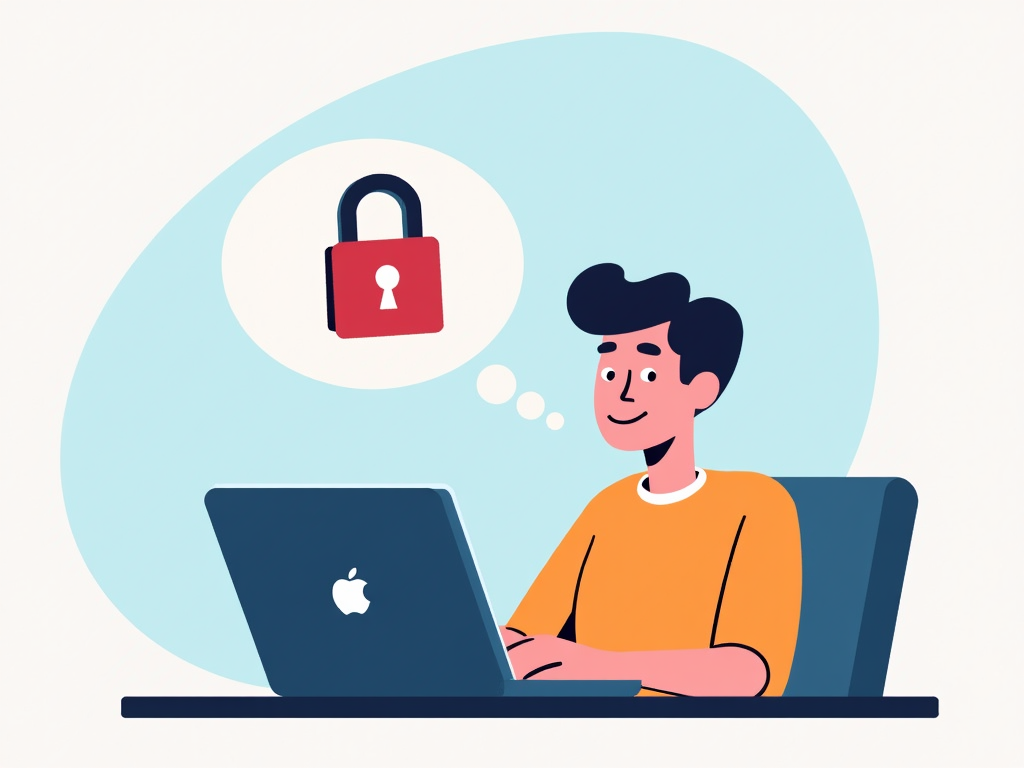
Let’s clear up some wrong ideas about online privacy. Some folks think only people hiding stuff need it. That’s not true. Everyone deserves privacy—it’s a basic part of being online today.
Another myth is that secure browsers are just for tech experts. Not at all! Many are made to be simple and welcoming, so anyone can use them, no matter how much they know about computers.

Here are some practical tips to boost your online privacy tools:
- Keep your browser and apps updated.
- Use strong, different passwords for each account.
- Watch what you share online.
- Turn on two-factor authentication when you can.
- Try a password manager to stay organized.
To wrap up, secure browsers are a must for online privacy. They give you powerful ways to protect your data from threats. Pick the right tools, follow smart habits, and you’ll feel safer online every day.